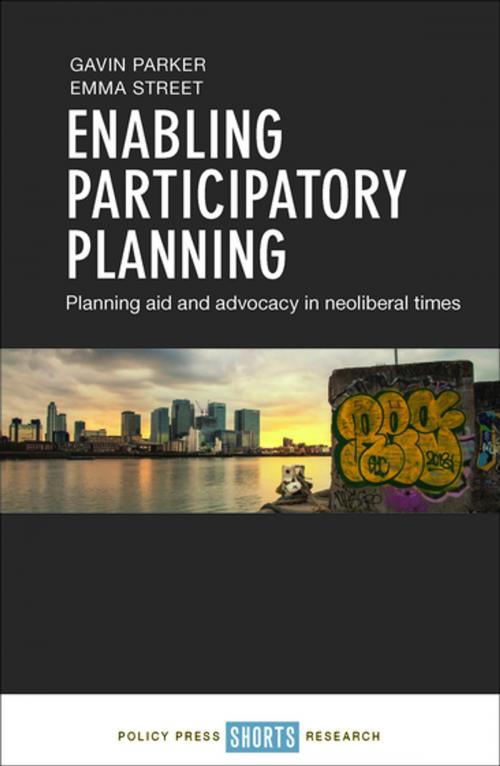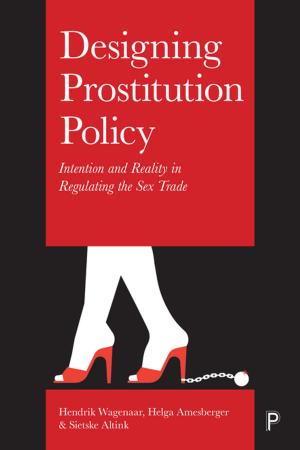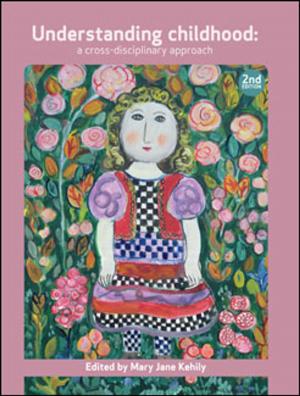Enabling participatory planning
Planning aid and advocacy in neoliberal times
Nonfiction, Social & Cultural Studies, Political Science, Politics, Regional Planning, City Planning & Urban Development, Science & Nature, Nature| Author: | Parker, Gavin, Street, Emma | ISBN: | 9781447341413 |
| Publisher: | Policy Press | Publication: | March 28, 2018 |
| Imprint: | Policy Press | Language: | English |
| Author: | Parker, Gavin, Street, Emma |
| ISBN: | 9781447341413 |
| Publisher: | Policy Press |
| Publication: | March 28, 2018 |
| Imprint: | Policy Press |
| Language: | English |
This book examines the challenges in delivering a participatory planning agenda in the face of an increasingly neoliberalised planning system and charts the experience of Planning Aid England. In an age of austerity, government spending cuts, privatisation and rising inequalities, the need to support and include the most vulnerable in society is more acute than ever. However, forms of Advocacy Planning, the progressive concept championed for this purpose since the 1960s, is under threat from neoliberalisation. Rather than abandoning advocacy, the book asserts that only through sustained critical engagement will issues of exclusion be positively tackled and addressed. The authors propose neo-advocacy planning as the critical lens through which to effect positive change. This, they argue, will need to draw on a co-production model maintained through a well-resourced special purpose organisation set up to mobilise and resource planning intermediaries whose role it is to activate, support and educate those without the resources to secure such advocacy themselves.
This book examines the challenges in delivering a participatory planning agenda in the face of an increasingly neoliberalised planning system and charts the experience of Planning Aid England. In an age of austerity, government spending cuts, privatisation and rising inequalities, the need to support and include the most vulnerable in society is more acute than ever. However, forms of Advocacy Planning, the progressive concept championed for this purpose since the 1960s, is under threat from neoliberalisation. Rather than abandoning advocacy, the book asserts that only through sustained critical engagement will issues of exclusion be positively tackled and addressed. The authors propose neo-advocacy planning as the critical lens through which to effect positive change. This, they argue, will need to draw on a co-production model maintained through a well-resourced special purpose organisation set up to mobilise and resource planning intermediaries whose role it is to activate, support and educate those without the resources to secure such advocacy themselves.















